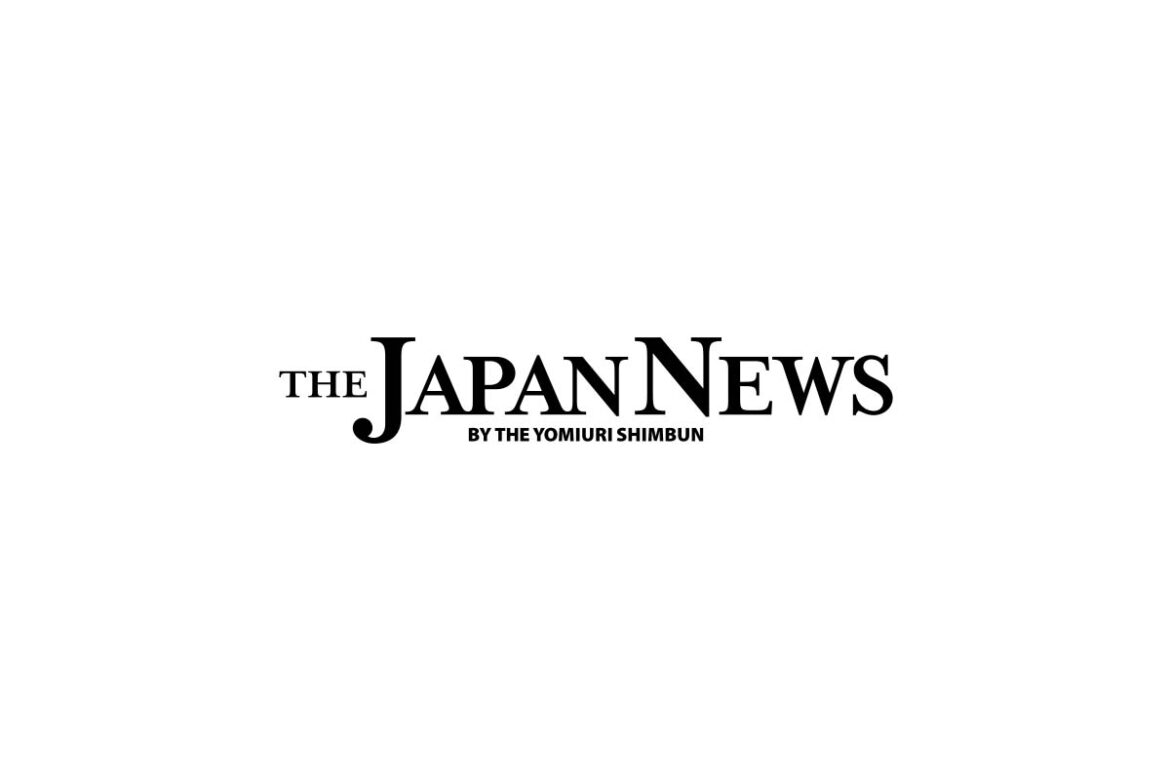14:29 JST, June 14, 2025
With the nation’s capital facing many issues, such as high prices, a declining birth rate, an aging population and disaster preparedness measures, how should the future of Tokyo be shaped? This election will not only test the candidates’ views, but also the judgment of every voter.
Campaigning for the Tokyo Metropolitan Assembly election has officially kicked off. A record 295 people filed their candidacies for the 127 seats. Candidates will campaign for nine days until the day before June 22, when voting and vote counting is held.
Many Tokyo residents cite “rising prices and wage increases” as points of contention in the election. In Tokyo, housing prices and rent are rising, placing a heavy burden on younger generations in particular. Many people are likely seeking an environment in which they can live without worries.
According to national statistics released this month, Tokyo’s total fertility rate — the average number of children born to each woman over her lifetime — stood at 0.96 last year, the lowest in the country. Increasing the number of children who will shape the future of the nation is a critical challenge.
Preparing for disasters such as a major earthquake directly under the capital or heavy rainfall is also essential. It is important to carefully examine the policies presented by each candidate and determine who is most suitable.
The Tokyo election is seen as a bellwether for the House of Councillors election this summer. The focus of the election will be on whether the Liberal Democratic Party, which currently holds 30 seats, can maintain its position as the largest party in the assembly. Whether the LDP, the Tokyo-based regional party Tomin First no Kai (Tokyoites first group) and Komeito — the three parties that support the Tokyo governor — will be able to maintain their joint majority will also be closely watched.
The approval rating for the Cabinet of Prime Minister Shigeru Ishiba remains low, hovering just above 30%. A scandal regarding LDP factions’ involvement in failing to report revenue from political fundraising parties on political funds reports has spread to the LDP assembly group in the Tokyo assembly. The results of the Tokyo Metropolitan Assembly election are likely to affect the prime minister’s ability to maintain party unity.
In recent elections, false and unverified information circulated on social media, creating a situation in which elections could be influenced. The practice of candidates running solely to help another candidate win, known as “two-horsepower” campaigning, has also become an issue.
In last year’s Tokyo gubernatorial election, posters unrelated to the candidates, such as advertisements for adult entertainment establishments, were posted on election poster boards, leading to a revision of the Public Offices Election Law to prohibit election posters that undermine dignity.
This will be the first major election since the revised law came into effect. Acts that degrade elections, which are the foundation of democracy, cannot be tolerated. All candidates should keep this matter in mind.
The Japan Newspaper Publishers & Editors Association issued a statement ahead of the Tokyo assembly election, expressing concern that inaccurate information could influence the election. Four member companies of the association, including The Yomiuri Shimbun, have formed a voluntary group to start fact-checking information found online, starting with the Tokyo assembly election.
Urban areas have a large number of voters who have no party preference, and the “wind” that determines election outcome can sometimes blow. In an era of information overload, voters must ascertain information to cast their ballots.
(From The Yomiuri Shimbun, June 14, 2025)


AloJapan.com